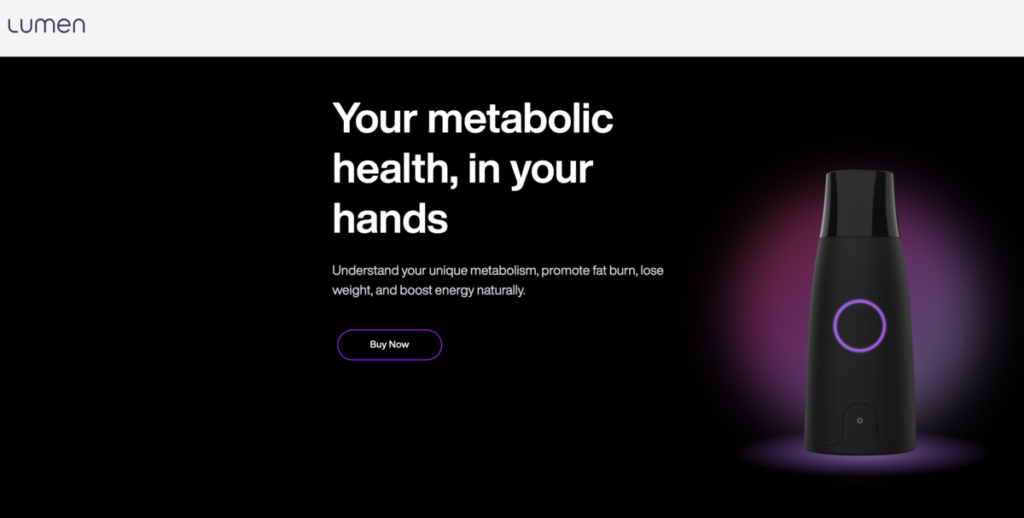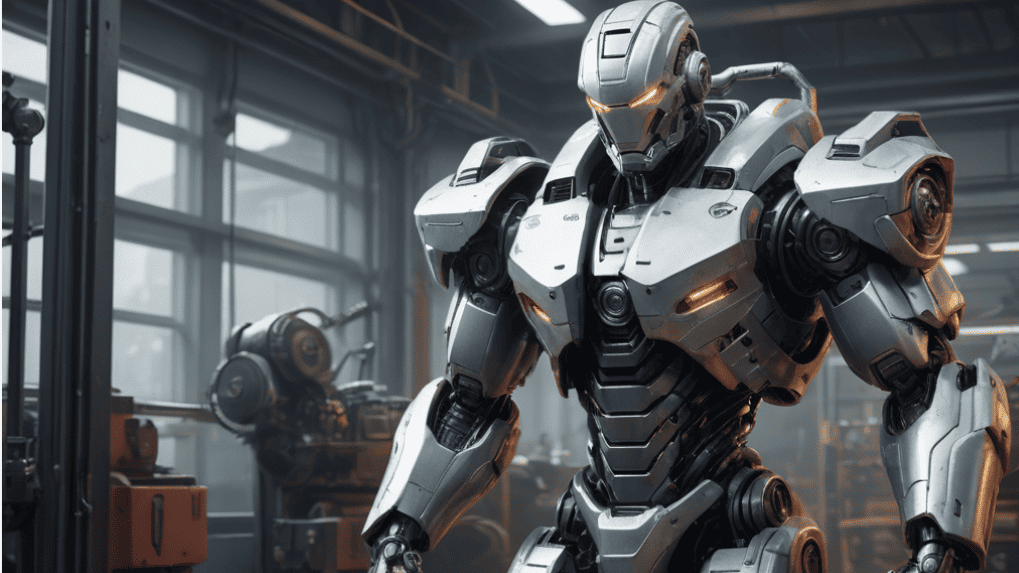In today’s tech-driven world, integrating AI into fitness is more than just a trend—it’s a smart move for anyone serious about reaching their health goals. Whether you’re a gym veteran or just starting your fitness journey, AI fitness tools can create personalised workout routines, design custom meal plans, and even act as virtual trainers. Will they ever replace a human trainer? Maybe. Read on…
AI as Your Personalized Workout Planner
Tired of repeating the same old workout routine? AI apps like Fitbod and Freeletics generate custom workouts based on your performance history, fitness goals, and available equipment. These platforms analyze your progress and adjust exercises to push your limits safely and effectively. For example, if you’re hitting a plateau on squats, AI will tweak your workout plan by adding accessory lifts or changing rep schemes to focus on building strength. With AI taking care of the heavy lifting—pun intended—you can focus more on executing your workouts rather than worrying about what to do next.
Nutrition Made Easy with AI Meal Planning
Diet is often the trickiest part of any fitness plan, but AI can simplify it. Apps like Lumen and Eat This Much offer personalised meal plans based on your dietary goals, preferences, and metabolism. Lumen goes a step further by analyzing your breath to determine whether your body is burning carbs or fat and adjusts your meal plans accordingly. It’s like having a nutritionist at your fingertips without the cost of regular consultations. Using AI for meal planning, you can ensure your diet supports your fitness goals, whether you’re bulking up, cutting down, or maintaining your physique.

Can AI Be Your Virtual Personal Trainer?
AI can go beyond just planning workouts—it can also act as a virtual personal trainer. Platforms like Future and Altis give you access to AI-powered trainers who create personalised routines and offer feedback and motivation. These tools are designed to keep you on track with reminders, check-ins, and performance reviews, much like a human coach.
While AI trainers aren’t a complete substitute for the in-person experience, they provide a level of customization and accountability that’s hard to match with traditional workout apps. The big question: Can AI replace a human trainer? Not quite, but it’s getting close.
Staying Accountable with AI Tracking
One of the most challenging parts of any fitness journey is staying consistent. AI tools like Noom and MyFitnessPal keep track of your workouts, daily steps, and even food intake, helping you stay accountable to your goals. These apps use machine learning to offer insights and reminders based on your habits. If you’re skipping workouts or not hitting your calorie goals, these tools will gently nudge you back on track. Accountability is critical to any fitness success, and AI excels in this area, providing constant feedback and motivation.
Recovery and Injury Prevention
Recovery is a vital aspect of fitness that often gets overlooked. AI-powered platforms like Whoop and Huma AI monitor your body’s recovery by tracking sleep, heart rate variability, and other metrics to ensure you’re giving your body the rest it needs. Kaia Health offers AI-guided physical therapy sessions that analyse your form and provide real-time feedback to prevent injuries. Using AI to guide your recovery can prevent overtraining and help you stay on the path to progress without unnecessary setbacks.
Conclusion: AI as a Fitness Game-Changer
In summary, AI isn’t just a cool tool—it’s a fitness game-changer. From personalized workout plans to custom meal plans and accountability tracking, AI can significantly improve your fitness journey. While it may not fully replace the expertise of a human personal trainer, it’s an excellent supplement to help you stay on track, make gains, and recover properly. So, if you’re looking to take your fitness to the next level, try these AI tools and watch as they elevate your performance, one algorithm at a time.




